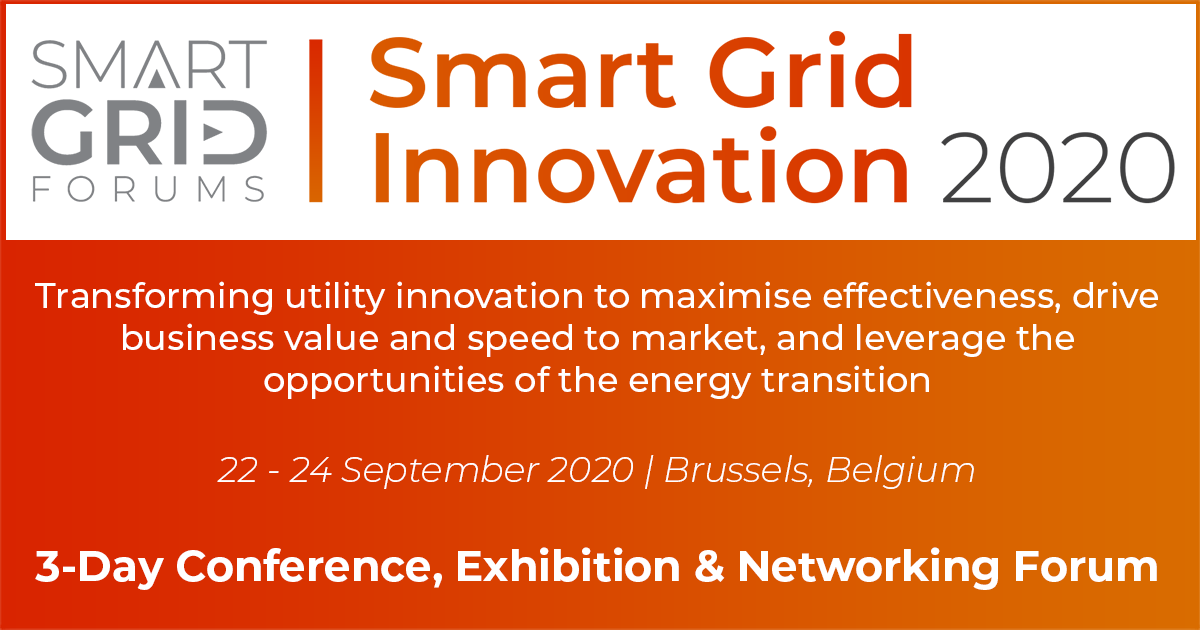The modern utility faces fresh competitive threats and heightened customer expectations. By transforming operations, systems and business models with innovative digital technologies there is the opportunity to create substantial value. According to McKinsey Research Institute it can deliver a reduction of 25 per cent in operating costs along with between 20 and 40 per cent performance gain while also improving safety, reliability, customer satisfaction and regulatory compliance.
While most utilities understand the need to innovate, many find themselves ill-prepared to address this transformation. While most utilities have research or innovation departments that are charged with conceptualising and piloting new technologies and processes to improve grid efficiency, many lack the formalised innovation framework and tools that are required to manage the process. Some run their innovation activity through a committee that draws on representatives of different parts of the organisation. Whatever structure is in place, all utilities are now being incentivised to put innovation at the heart of the organisation in order to speed up the deployment of the smart grid and meet carbon reduction targets.
The transformation plans of many utilities are wide ranging with sweeping ambitions such as establishing a new way of operating based on agile management methods, and incorporating digital technologies across the enterprise, including interactions with customers, employees, suppliers, regulators, and partners. Despite these aspirations, few of the digital pilot projects attempted at utilities have created momentum for comprehensive transformations.
There are three significant challenges that need to be overcome in culture, skills and legacy. The working methods of utilities have evolved around maintaining large, long-lived assets whilst minimising the risk profile. When it comes to skills, utilities grew up in the analogue era and that heritage and perception makes it difficult to attract the digitally skilled workers that are needed to transform their models. Finally, they are hampered by complex legacy operations and outdated IT environments that can make digital transformation challenging.
To overcome these challenges and drive a culture of high-speed, effective innovation into a company’s DNA requires effective management. In short, utilities must adopt a set of processes that will optimise the success of innovation projects, understand which technologies will enable innovation, and create a culture in which innovation can flourish.
The pace of change within the utility sector has been painfully slow. The rate of innovation has been steady and the adoption incremental at best. Part of the challenge is operating inside the rigid regulatory framework that has not fostered the flexibility required to pursue new business models and has rewarded investment in infrastructure rather than in research and development.
Along with adopting agile innovation strategies driven by roadmaps that align with market needs and business goals, the utility needs to embed a culture of innovation within the company’s operations. They must overcome the conundrum of maintaining reliability while at the same time developing the agility that drives innovation. This will not be easy to achieve. For decades utilities have been optimised around reliability that is built on the bedrock of delivering a safe, secure and dependable service that will deliver predictable shareholder returns, but that needs to change.
A necessary outcome within the innovation process is failure that has long been an anathema to the sector. For a utility this would traditionally relate to an unplanned outage or poor customer service. That needs to change as part of the culture of innovation. Failure is an unavoidable component of innovation and must be accepted. With the correct framework for innovation established that nurtures innovation and delivers rapid and highly targeted technology, utilities can embrace the opportunities presented by the evolving energy landscape and meet heightened customer expectations to deliver value of innovation and improve the company’s performance.
At Smart Grid Innovation 2020, taking place 22 – 24 September 2020 in Brussels, the full range of crucial utility innovation topics will be tackled by in-depth case studies from some of the world’s most advanced utilities, including CLP, Elia, Elvia, Stedin, EDP, Qirion, Iberdrola and many more. Over 3 immersive days, attendees will hear practical case-studies from 14+ utility innovation leaders on how TSOs and DSOs are innovating and developing the next generation of smart grid assets and processes in-house.
More information on the event’s website.

